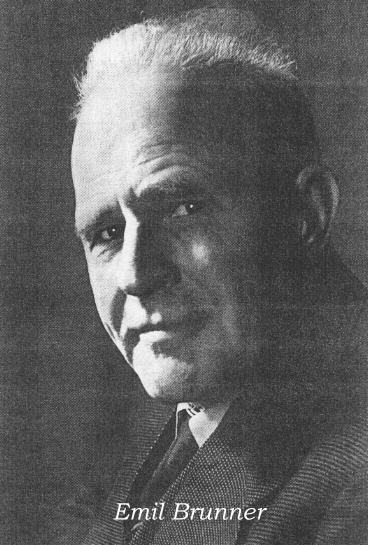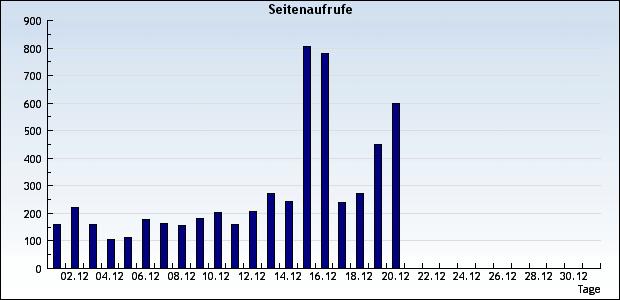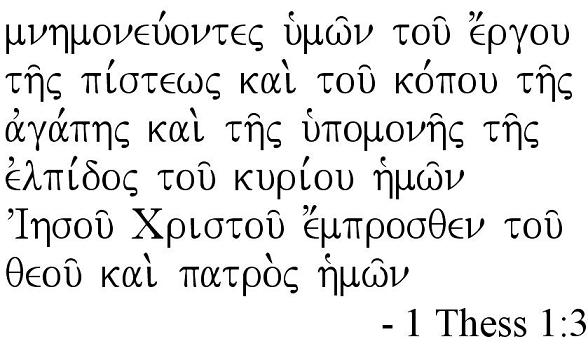When I started 'Brainpoo' in July 2005 I was not expecting it to become much more than a place where a few of my friends would read some silly thoughts, an outlet for my multitude of heresies, and as a place to keep up with those 'left behind' (the presence of that phrase ought to earn a couple of bemused search-engine visitors) in England. Hence the silly name 'Brainpoo' (which as I keep telling everyone, in the best Adamic style, was my wife's dubious idea).
However, things started to get more theological. I found myself
very much enjoying a number of theologically related blogs (from which I have learnt a great deal more than I expected I would through such a medium) was linked to, then added to biblioblogs (a bit of an embarrassment really. I mean look down the list of names:
Biblical Theology, Faith and Theology, Jesus Creed, Thoughts on Antiquity, Euangelion, Exegetitor etc. with 'Brainpoo' cringing in the corner hoping no one will notice such a stupid-sticking-out-like-sore-thumb name. Alas, its too late to change the links now).
Most astonishing of all, my web server tells me that people from an amazing 38 different nations have visited! In descending order of popularity:
Germany, United Kingdom, Canada,
New Zealand, Australia, Norway,
Netherlands, Iceland, Italy,
France, Sweden, Brazil,
USA, Switzerland, Mexico,
Denmark, Portugal, Austria,
Belgium, Argentina, Spain,
Hungary, India, US Military (yikes!),
Russia, Singapore, US federal government agencies (?!),
Greece, Israel, Philippines,
Thailand, Finland, Croatia,
Lebanon, Venezuela, Liechtenstein,
Morocco, Lithuania Turkey and Taiwan!
This blogging thing is thus really a global phenomenon. I guess that's what I like about it.
Rather amusingly, the most clicked on feature of my blog site is the picture of the Miami cheerleaders posted months ago! In fact, 1,237 grubby theologians and chess players have tried to 'zoom up' on it – can't think why.
As far as raw numbers go: In July when I started only 234 visited, in October 4,482, and in November 6,500. In December the numbers are pushing into the 10,000s. OK, that might not sound like many for some, but I'm still surprised, and the rate of increase is really something. I ask myself why a blog that includes such dubious and diverse topics as Flat-Earth creationism, Paul the Apostle, chess, sinful lies about Barth, Wright's ultimate end in the lake of fire, shagging mantises, etc. attracts such intelligent visitors.

Anyway, a big thanks to all who have visited me in the last half-year. It has been
a lot of fun getting to e-know you.
Happy blogging for 2006!



























